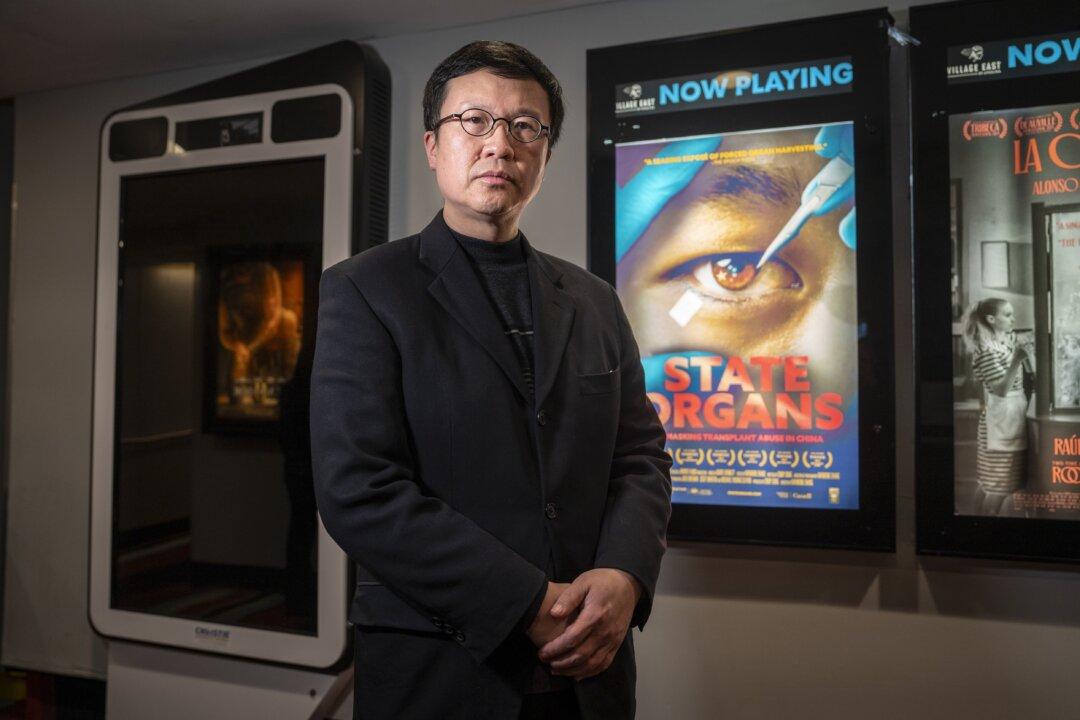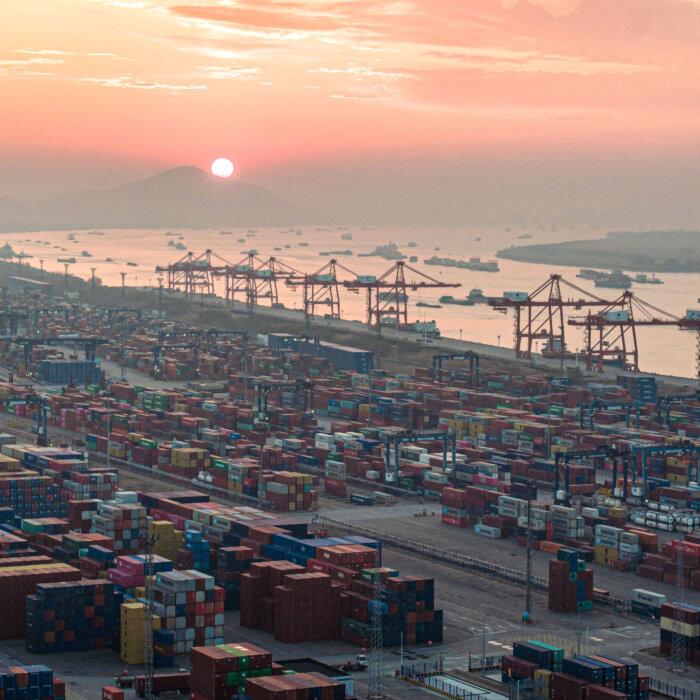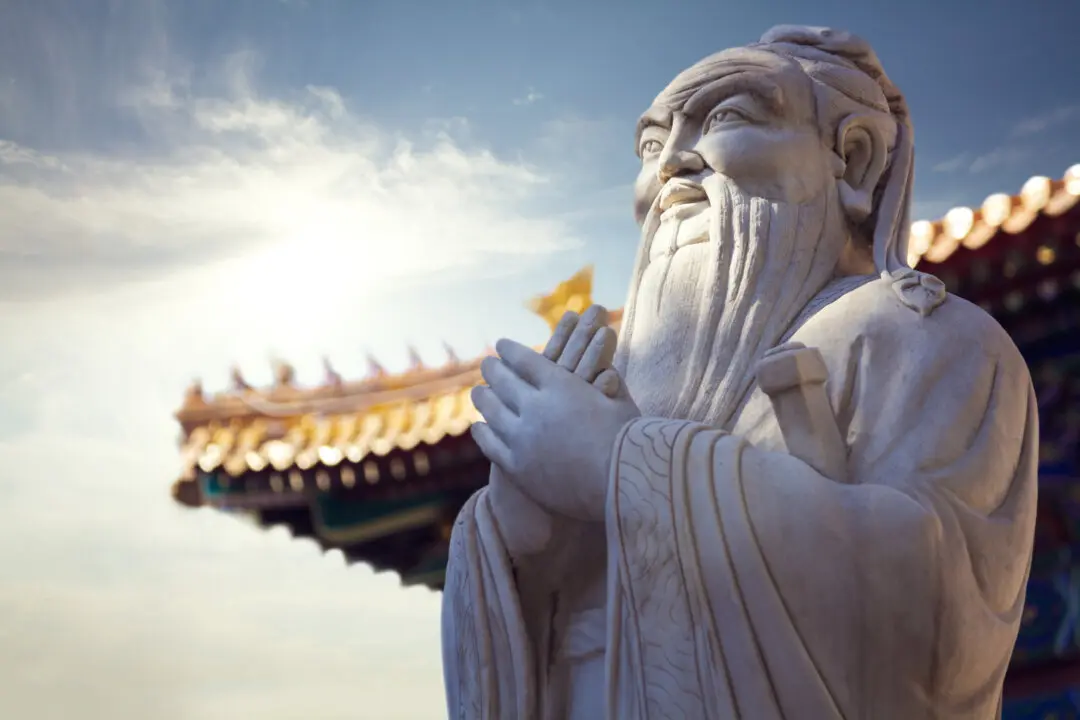The abrupt decision came from MEGABOX Dongdaemun, the official screening venue of SLIFF, one day before the festival’s opening on May 30, affecting multiple films documenting the Chinese Communist Party’s (CCP’s) human rights abuses. Organizers said they were shocked, and filmmakers said they were outraged.
“This is the first time I’ve seen something like this happen in Korea,” said Heo Eun-doh, SLIFF’s general director and chief curator. “A theater unilaterally canceling international human rights films—there’s no question this was due to external pressure.”
MEGABOX is one of Korea’s largest theater chains, with more than 100 locations nationwide. According to the SLIFF organizers, they had provided all the materials to the Dongdaemun branch, had signed a contract, and had paid the full rental fee upon the approval that had been stamped by MEGABOX headquarters.
Heo told The Epoch Times that his team had been monitoring ticket sales and had found that everything suddenly vanished.
“When we called, they told us, ‘We don’t support festivals with political nature,’” he said.
“State Organs,” a 76-minute documentary produced by Peabody Award-winner Raymond Zhang, follows the perilous search of two families for their missing loved ones in China, according to the film’s synopsis, revealing evidence of state-sanctioned forced organ harvesting, a practice unique to China that involves the killing of the organ donor.
Zhang refuted the political allegations by the Megabox theater.
“This is not a political film—it addresses universal values such as humanity and human rights,” he said.
“I believe the sudden cancellation in Korea was driven by interference from the Chinese Communist Party (CCP). When the film was screened in Taiwan, I received over a hundred threatening emails and messages and was targeted by pro-CCP cyberattacks. I didn’t expect similar tactics to appear in South Korea.”
Despite the setback, Zhang emphasized his belief in South Korean society.
‘Violation of Artistic and Expressive Freedom’
SLIFF is the only film festival in South Korea dedicated to global human rights issues, according to Heo. He said that he and his team had spent a whole year preparing for the film festival, and described the last-minute cancellation as a devastating blow to the festival and a serious violation of free expression, attributing the cancellation to outside political pressure.“This was not an internal decision. This was a forced shutdown—clearly influenced by external forces. It’s a serious violation of artistic and expressive freedom,” Heo said.
He said that what is happening now in South Korea is similar to what happened in Hong Kong in 2019, as depicted in “Revolution of Our Times.” He said this documentary on Hong Kong’s democracy movement serves as an example of why these films matter.
“No one has the right to strip away artistic or expressive freedom. And I believe the Korean public understands that. Think about it—a theater unilaterally labeling international human rights films as ‘political’ and pulling them while tickets are still on sale? There’s no way this came from Koreans themselves,” he said.
Heo pledged to keep fighting.
“We will not be silenced. We will not back down. We will stand firm, and in the end, we believe justice will prevail,” he said.
“If we remain silent in the face of this kind of censorship, we’re not just giving up on art—we’re giving up on democracy itself. This cannot be brushed aside. We will make sure the truth is known throughout South Korea and call on people to stand with us. That is our unwavering position.”
The film festival organizers have managed to screen “State Organs” for one listing in KBS Hall, Seoul, on May 30.
The Epoch Times reached out to the Megabox Dongdaemun branch, but the call was not answered.







